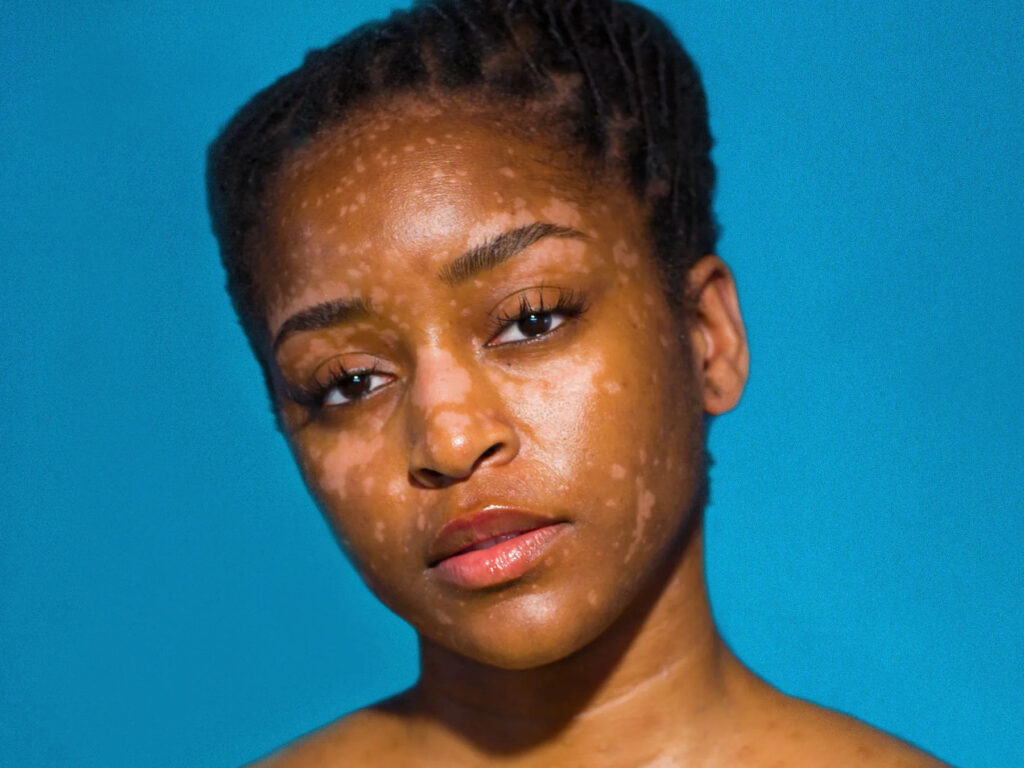Everything You Need to Know About Skin Allergies
Skin allergies are common reactions that happen when an allergen comes into contact with the skin. These reactions can result in rashes, blisters, swelling, and itching. Allergies can vary from mild and temporary to severe and long-lasting. Understanding their causes can help prevent and manage skin allergies. This article will explore four common types of skin allergies, their causes, and how they affect the skin.

(1) CONTACT DERMATITIS
Among skin allergies, contact dermatitis is one of the most common. It occurs when something touches the skin and causes a reaction. Chemicals in skincare products, soaps, detergents, and fragrances are examples of irritants that might trigger this reaction. Additionally, it may be brought on by latex, nickel (found in jewellery), or specific plants like poison ivy. Individuals with this allergy may experience skin swelling, redness, itching, and even blisters when they touch the trigger. Usually, the symptoms show up a few hours or days after contact. The best defence against contact dermatitis is hypoallergenic skin care products and avoiding recognised triggers.

(2) ECZEMA
Eczema, sometimes referred to as atopic dermatitis, is a long-term skin disorder that results in dry, irritated, and inflamed skin. It is often linked to genetics and is common in people with a family history of allergies, asthma, or hay fever. Some fabrics, harsh soaps, pollen, dust mites, and pet dander are among the allergens that can cause this condition. Dry, scaly skin areas that bleed and become infected if scratched excessively are signs of eczema. Itching can be so bad that it interferes with sleep and concentration. Avoiding triggers, using medicinal creams as directed by a physician, and keeping the skin hydrated are all crucial for managing eczema.

(3) HIVES
Red, raised, and itchy welts that suddenly appear on the skin are called hives or urticaria. They can be brought on by insect bites, drugs, severe weather, or allergic reactions to specific foods (such as nuts, eggs, and shellfish). Hives often last a few hours or days before going away and can develop anywhere on the body. In extreme situations, they may result in throat swelling, making breathing difficult and requiring prompt medical intervention. Avoiding well-known allergies, taking antihistamines, and even taking prescription drugs to stop outbreaks are all part of managing hives.

(4) PSORIASIS
Psoriasis is an autoimmune skin disorder that results in red, scaly, and sometimes painful, itchy areas caused by the skin cells multiplying too quickly. Although allergens are not necessarily the cause, stress, infections, cold weather, and certain drugs can worsen the condition. The scalp, elbows, knees, and lower back are frequently the affected areas in the body. In contrast to other allergies brought on by direct contact, psoriasis is brought on by an overactive immune system that unintentionally attacks healthy skin cells. While there isn’t a permanent solution, prescription medications, moisturising products, and phototherapy (light therapy) can help control symptoms and avoid flare-ups.

CONCLUSION
Some skin allergies might interfere with day-to-day functioning and cause discomfort. Some reactions need to be properly managed and treated by a doctor, while others are mild and disappear on their own. Identifying triggers, utilising gentle skincare products, and maintaining hydration are the best ways to avoid skin allergies. Consultation with a dermatologist is necessary for an accurate diagnosis and therapy if symptoms intensify or continue.

Dorcas Akintoye is a versatile writer with a passion for beauty, fashion, relationships, and culinary delight. With a keen eye for detail and a passion for storytelling, she adds a touch of elegance to every topic she explores. She is a writer at THEWILL DOWNTOWN.






